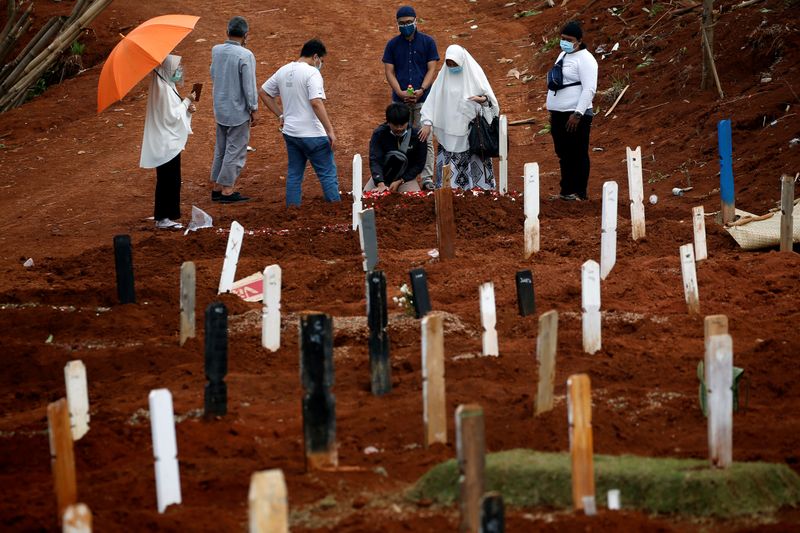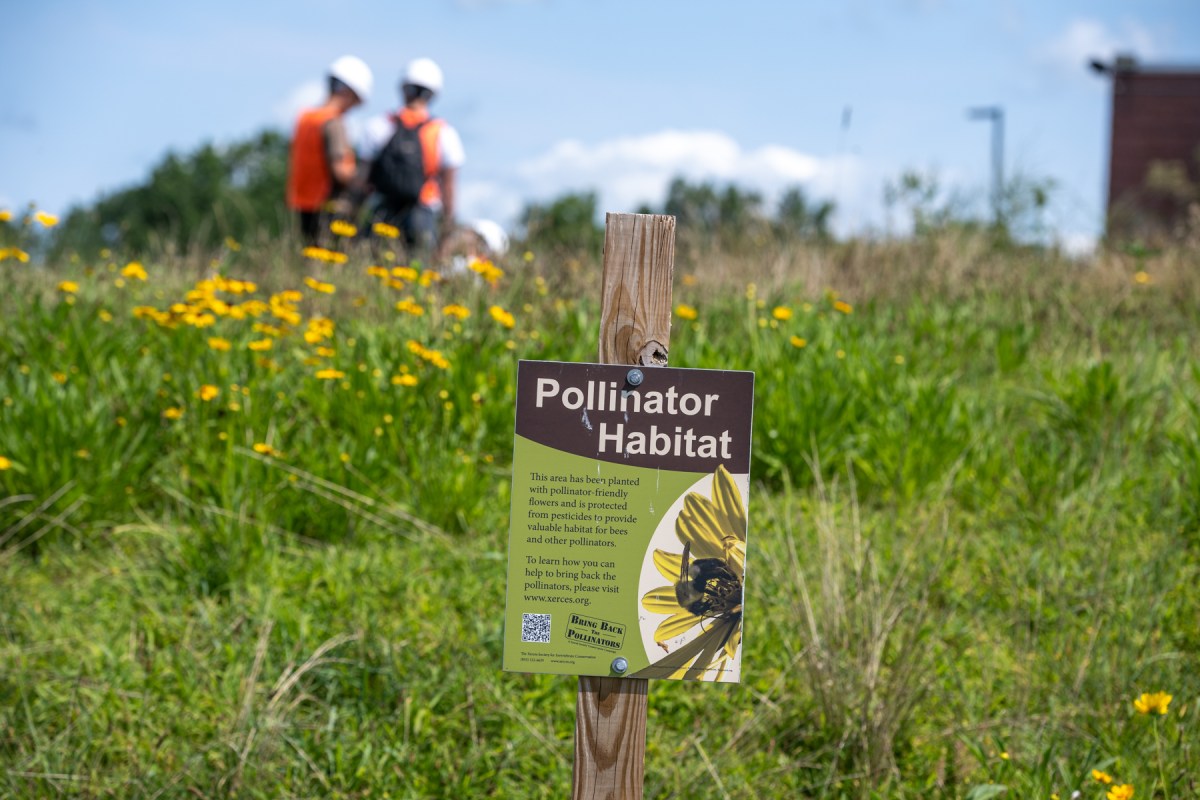JAKARTA (Reuters) – Indonesia reported on Thursday its biggest daily rise of coronavirus cases for a second consecutive day as new clusters appeared, though epidemiologists said its low testing rates could be masking far greater infection numbers.
Indonesia has for months been battling its first wave of infections and has struggled to stem a rise in transmission, with 262,022 confirmed cases in total and a death toll of 10,105 that is Asia’s second highest after India.
The peak comes after Indonesia reported several days of over 4,000 new cases, with Thursday’s 4,634 the highest so far.
The capital Jakarta is seeing infections rise sharply, and its governor on Thursday extended restrictions until Oct. 11 to try to take pressure off of hospitals.
Epidemiologists say the steady rise in infections is a combination of new clusters emerging and a testing rate that remains among the world’s lowest, making it difficult to see a clearer picture of the contagion.
Wiku Adisasmito, spokesman for Indonesia’s COVID-19 task force, said the public was not taking the virus seriously enough and gathering too often in crowds.
“Over time, we’ve seen that the people have lowered their guards … it’s almost like they don’t have empathy even when they see every day so many new victims,” he told reporters.
Indonesia’s testing should be higher, Wiki added, citing a need for more testing personnel and social stigma preventing people from seeking tests.
Task force epidemiologist Dewi Nur Aisyah on Wednesday said some of the most prominent clusters were found in health centres, families and offices.
Recent epidemic models by international research groups indicate Indonesia’s daily infection numbers could be far higher than those detected, with Imperial College London putting it at 40,000 a day and the Seattle-based Institute for Health Metrics and Evaluation pointing to 60,000 daily cases.
Wiku did not immediately respond to Reuters request for comment on those models.
(Reporting by Stanley Widianto and Agustinus Beo Da Costa; Editing by Martin Petty)



















